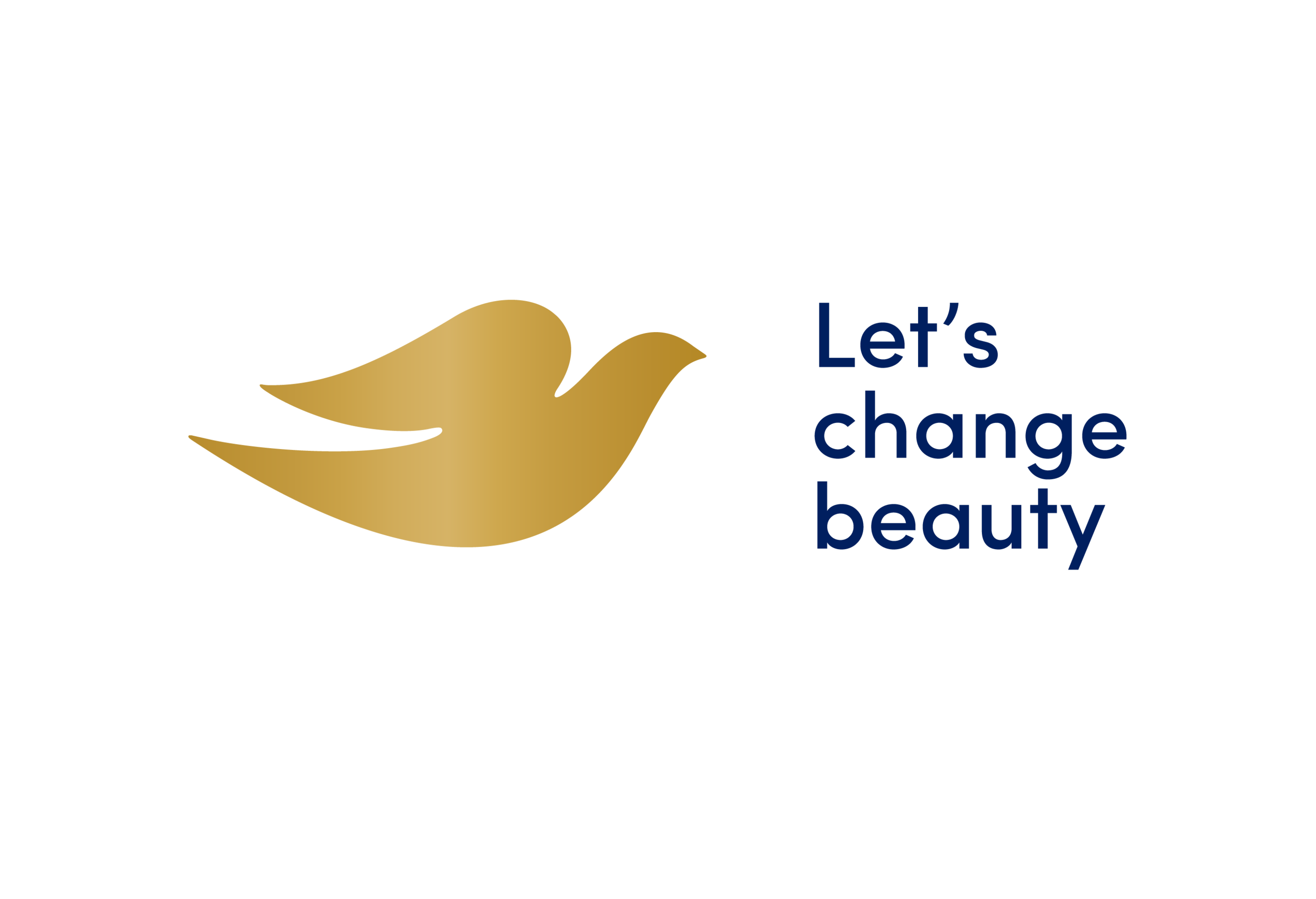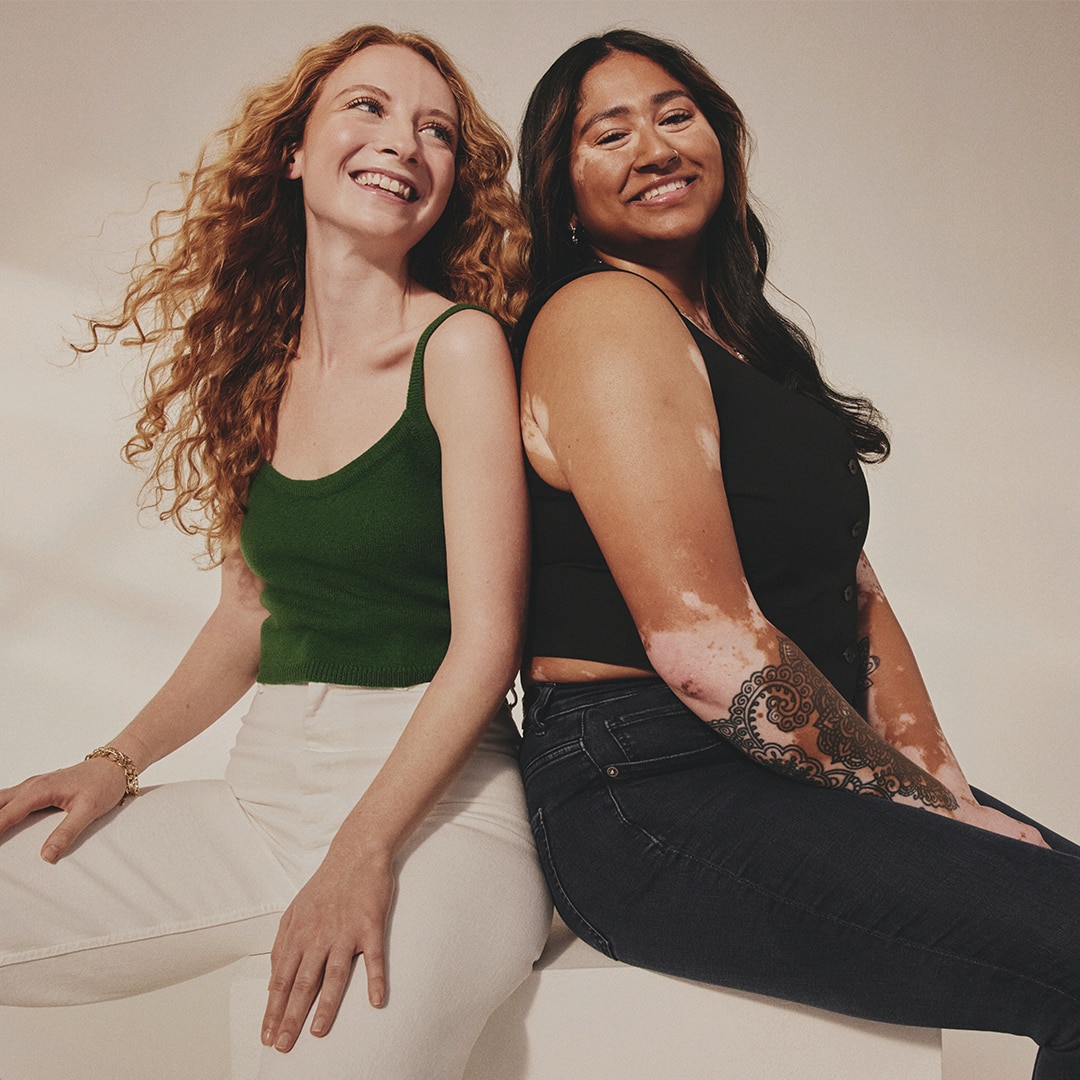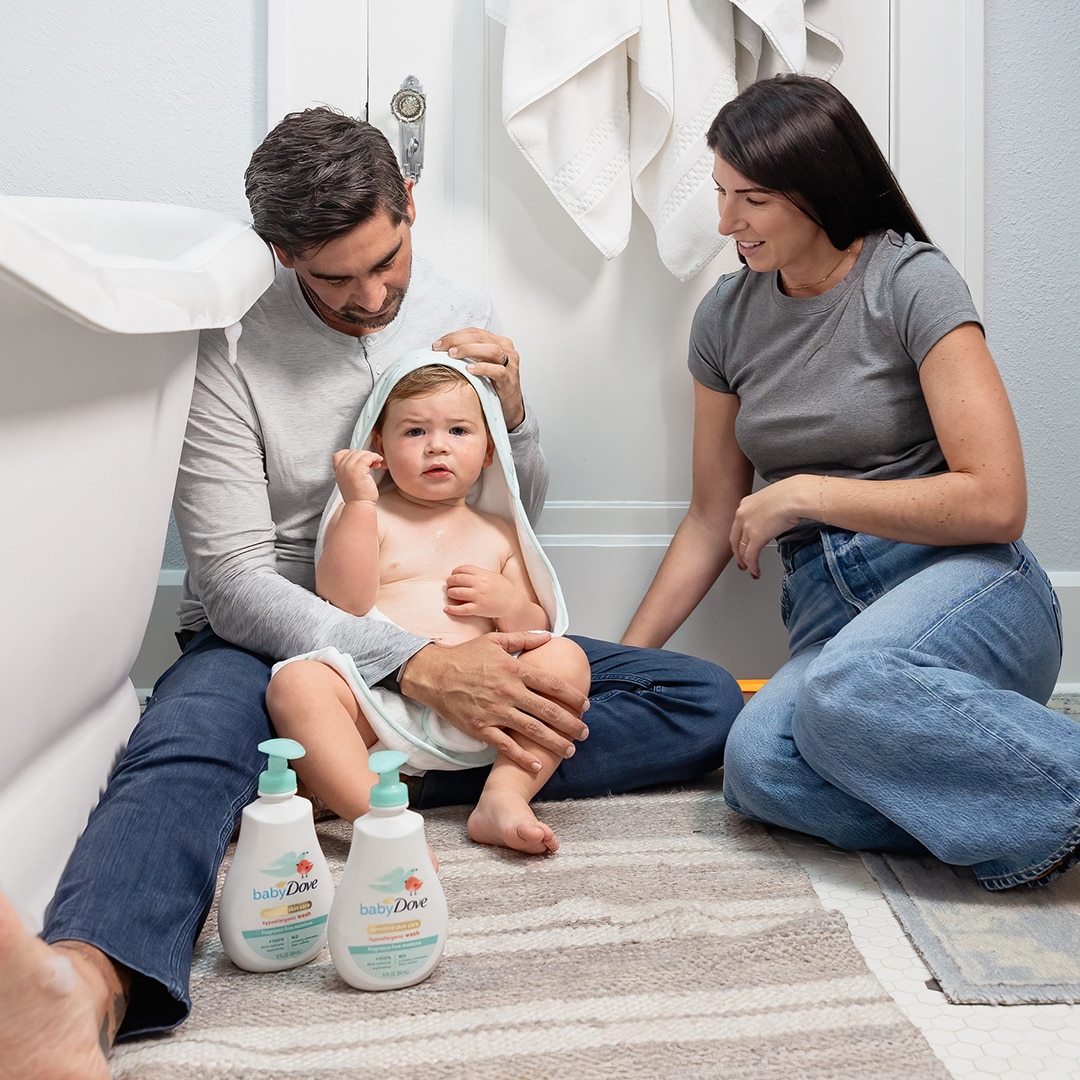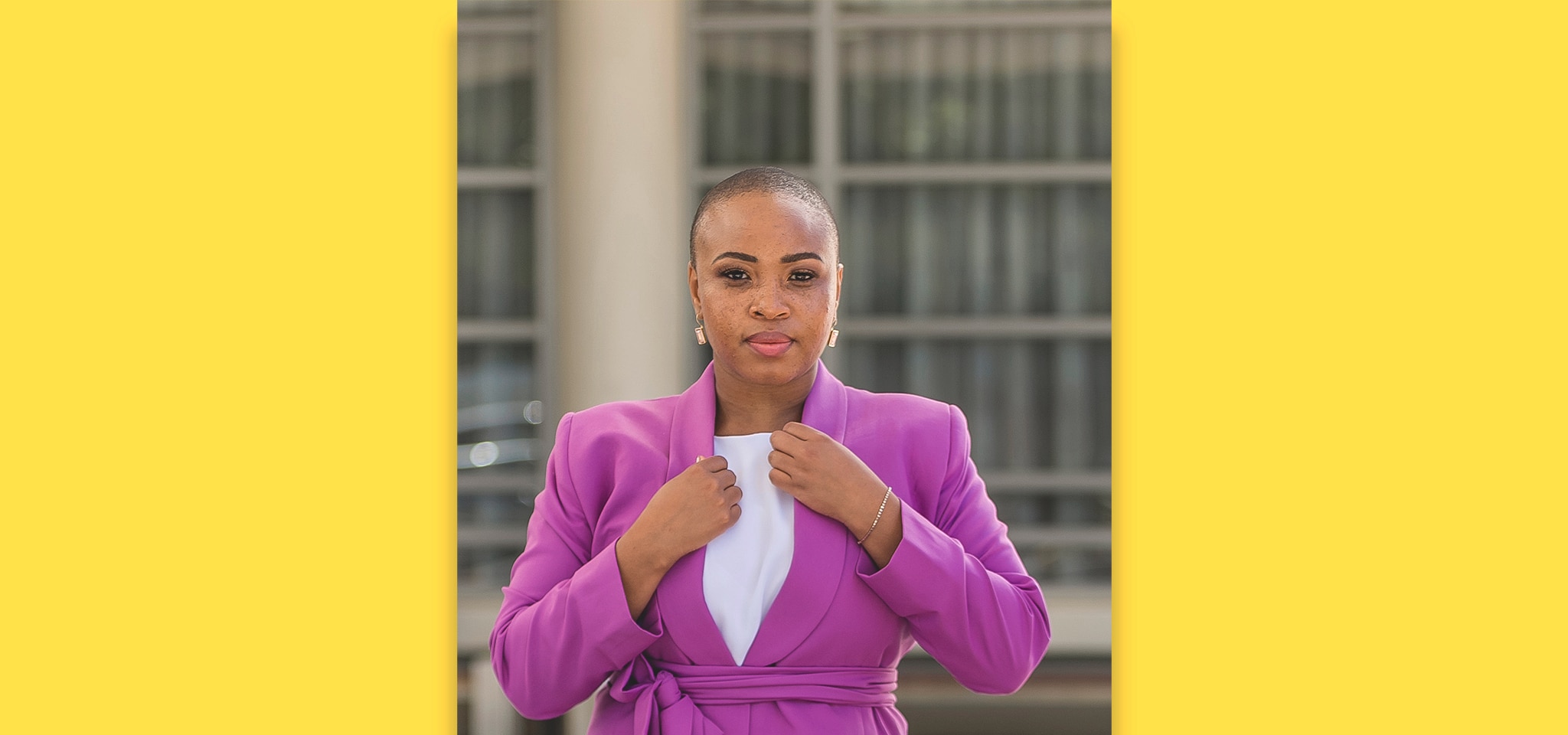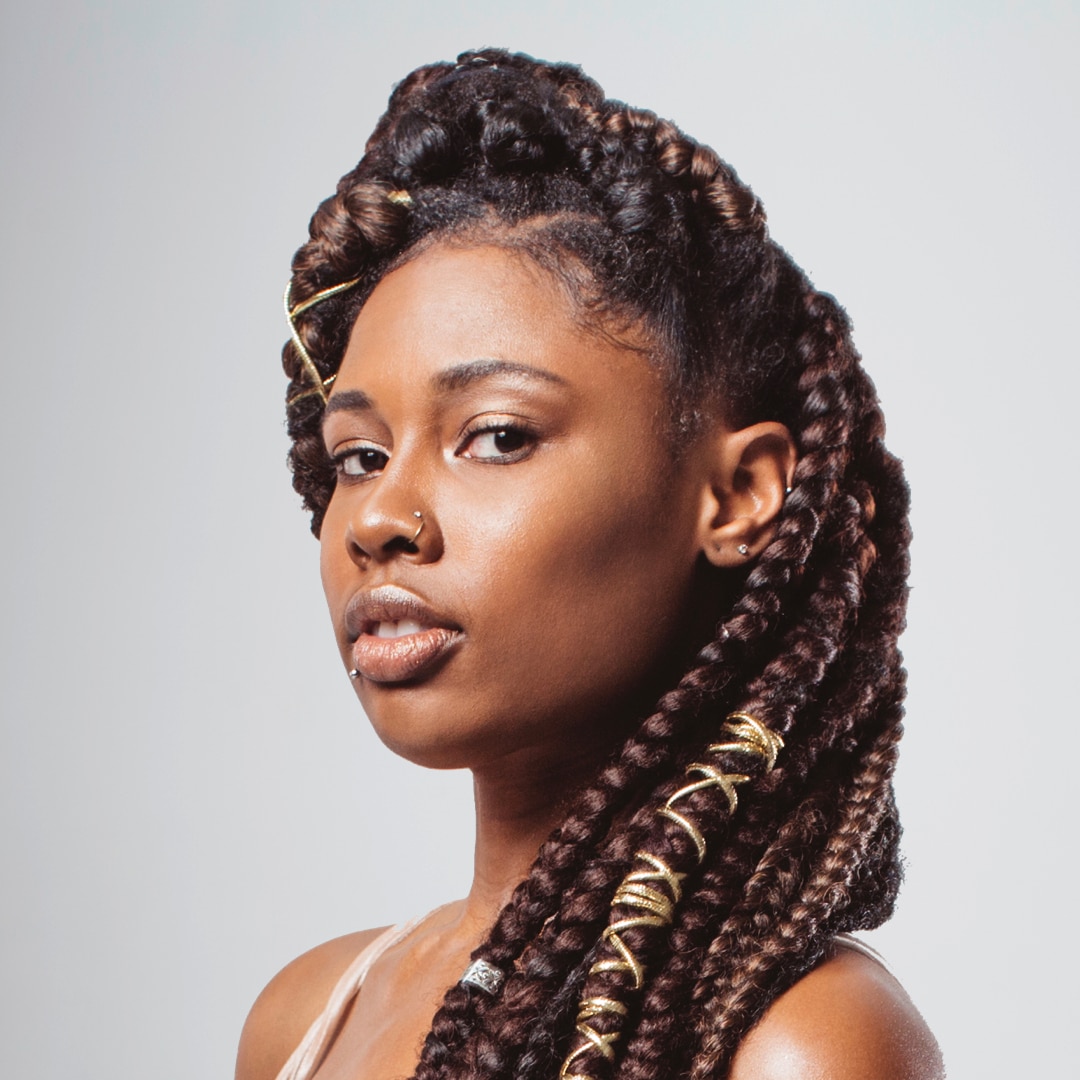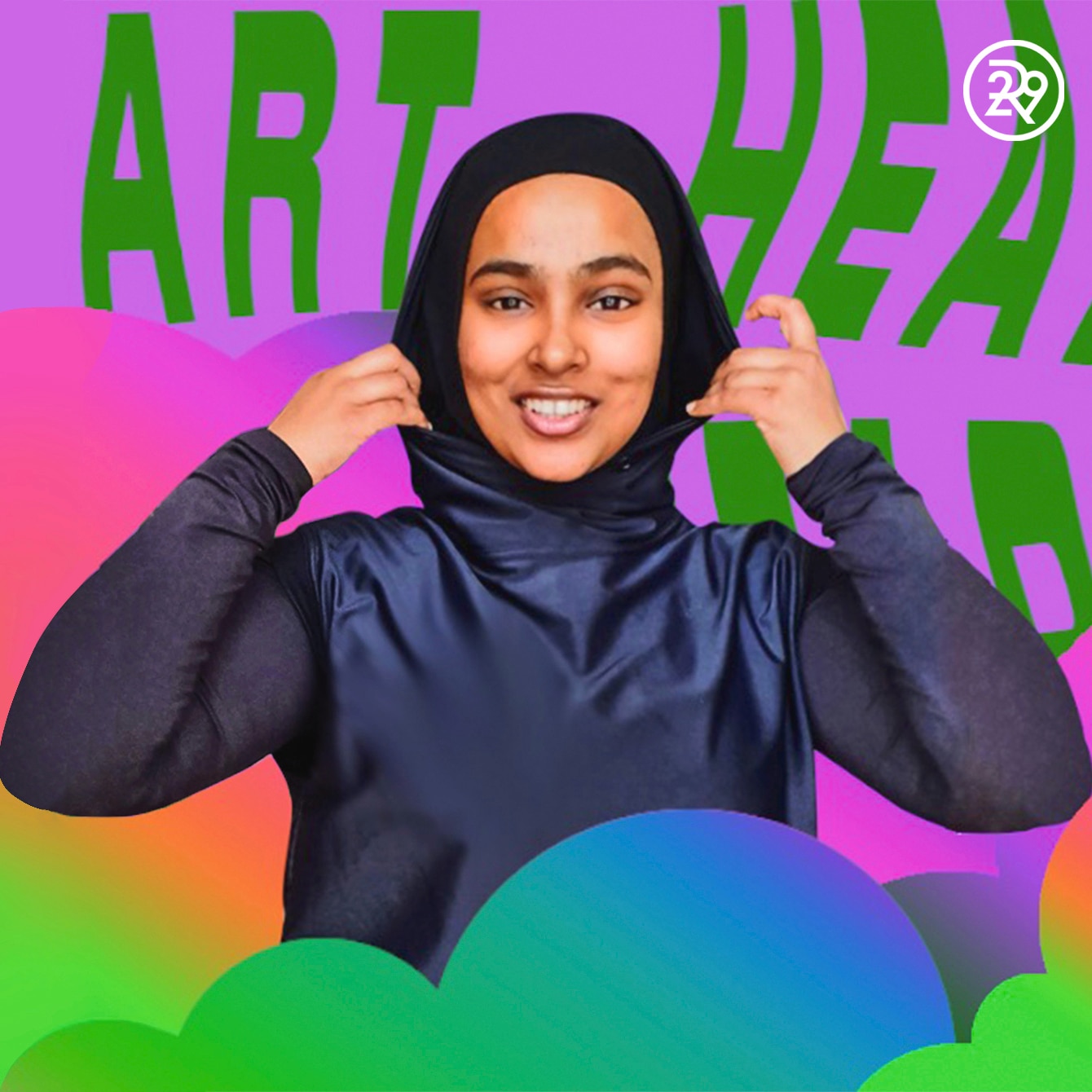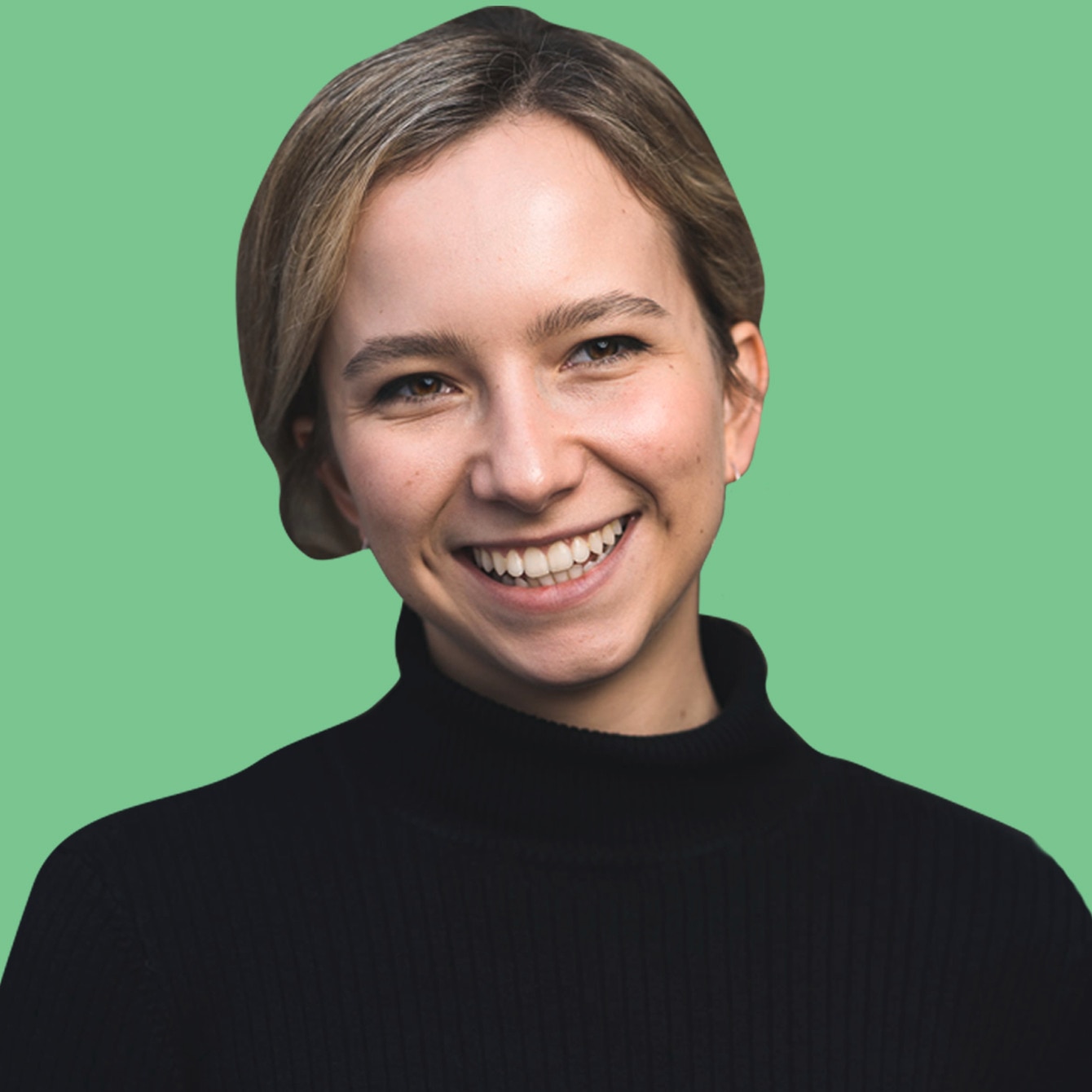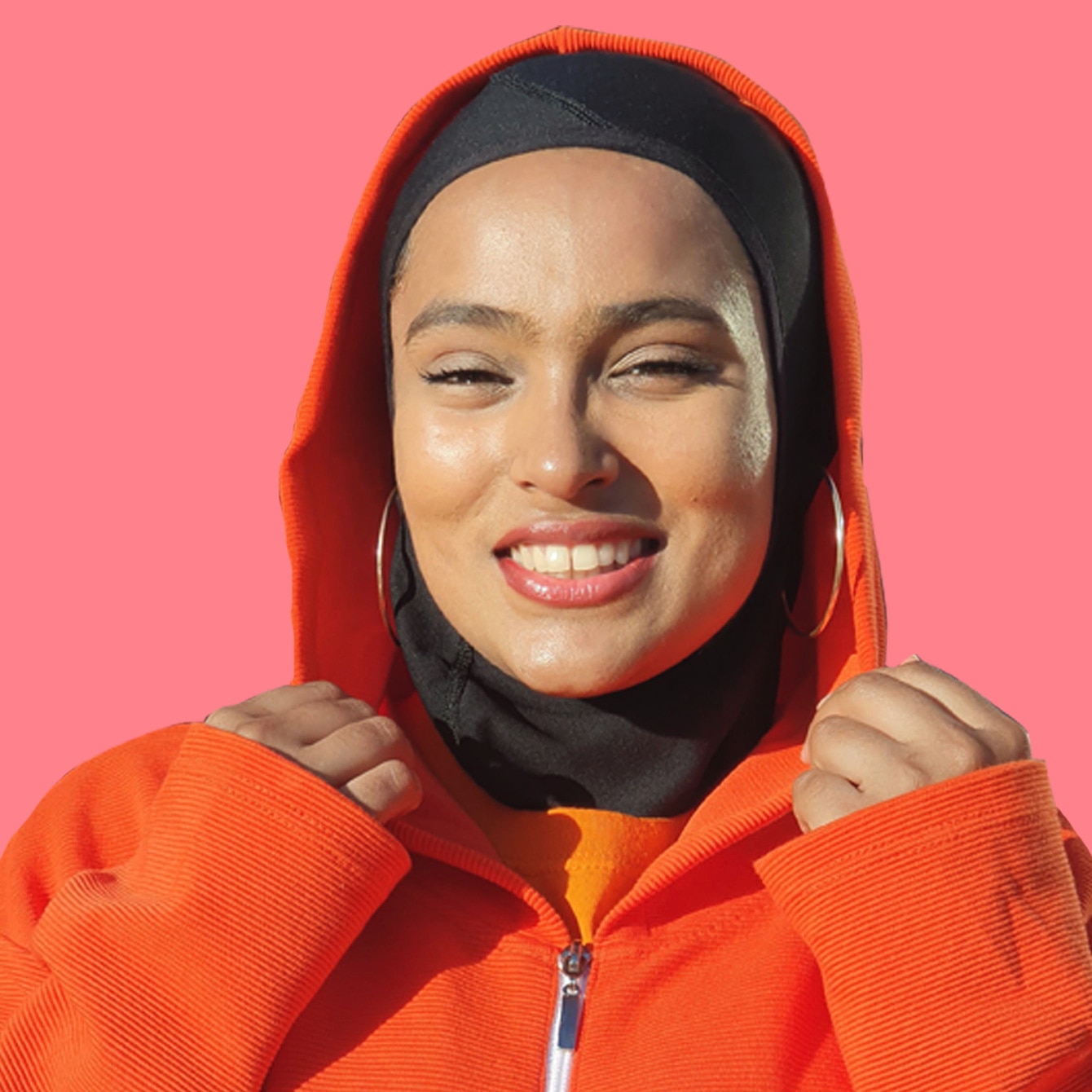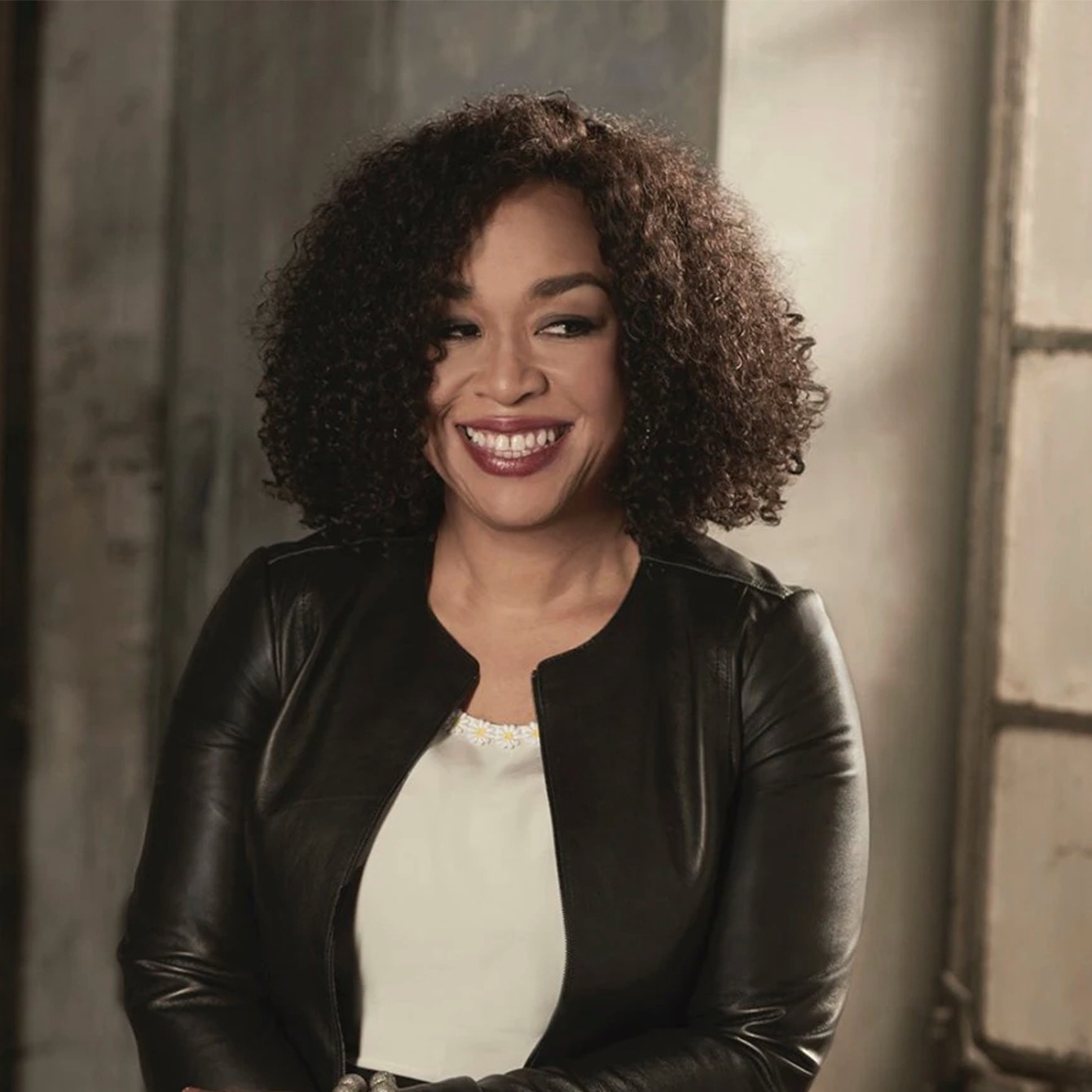At Dove, we’re committed to fighting for inclusive beauty and supporting Black women. That’s why we’re excited to team up with South African TV host, radio presenter and speaker Hulisani Ravele. When it comes to standing up to race-based hair discrimination, and falling in love with her hair, she believes the journey towards natural hair pride starts from within.
For Black women, hair represents so much. How is your hair linked to your self-esteem?
They go hand-in-hand and one definitely impacts the other because it is such a visual extension of ourselves. I would liken it to having chipped nail polish or broken nails, you’re hesitant to hold a cup or be very active with your hands when they are in a bad state and you’re very self-conscious. To me, my hair means identity. At any given time, in whatever style I am wearing it in, it is an outward expression of my inner self.
How has your relationship with your own hair changed as you’ve gotten older
Freedom, that is the word I would use. I remember sitting in the salon chair as a young girl with all sorts of creme relaxers to get my hair as straight as possible to the point of leaving the products on for longer and burning my scalp just so I could achieve the societal and beauty standard of the time which was sleek, gorgeous, relaxed hair. That was considered perfect hair. Anything less than that either meant your family couldn’t afford it or you were “not neat”.
I stopped relaxing my hair as an adult, I transitioned into an afro and then I went for the big chop. It has been such a liberating experience because through all these stages, I got to the point where the kind of hairstyle I wanted was based on personal choice and preference - not what society dictated as acceptable, beautiful, or the gold standard.
How have you overcome the impact of hair discrimination on you?
It’s taken a lot of inner-work because I believe that that’s the root of all confidence and self-love. I had to work on myself by healing that inner child who didn’t feel good enough and saying sorry to adult me when I let her down and didn’t love myself. I can’t control what people say to me, only how I respond to it, and because I stand on that firm grounding, any comments or negative remarks about my hair are quickly disarmed and they lose their impact as a weapon to put me down and label me.
What’s the best way to educate people about hair discrimination?
I believe in the continuous creation of spaces, platforms, campaigns and conversations where learning and unlearning is facilitated. It cannot be a one-off conversation and then we forget about it until the next year. Hair discrimination happens everyday so educating and changing perceptions must be a daily conversation too; whether it is taking the form of campaign messaging by big brands or family chats around the dinner table. It’s also vital to educate young people because that is the fertile ground upon which seeds of positivity about our hair and the relationship with it can be planted.
Like Hulisani, we’re committed to fighting against hair discrimination. We co-founded the CROWN (Creating a Respectful and Open World for Natural Hair) Coalition and the CROWN act to help end race-based hair discrimination through legislative advocacy and societal change. Nobody should be held back because of their hair. Let’s create the change together.
What next? Actions to become a natural hair ally:
Educate yourself on the impact of race-based hair discrimination. Learning helps to create advocacy and long-lasting change. From reading to watching a documentary, find a method that suits you best to understand the issue better.
Support the CROWN Act to drive change. Only a few states have made race-based hair discrimination illegal so Black women and girls are often treated differently just because of hair style. This needs to change. Add your signature now to help empower those within the Black community.
Black hair is a source of joy, culture and pride. Nobody should be made to feel less than their best because of how their hair naturally grows. Together, we can make sure that Black women and girls feel beautiful at school, work and in everyday real life. Join us and sign the petition to end race-based hair discrimination in all states.
